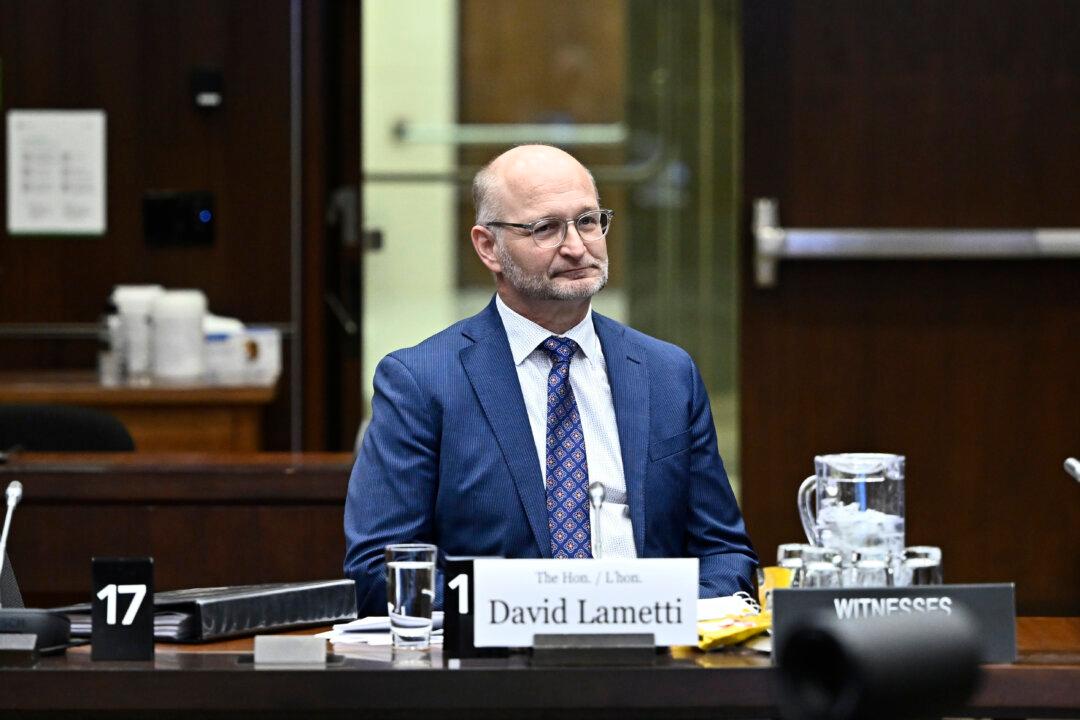Reeling from a stunning byelection defeat in a Toronto stronghold, Prime Minister Justin Trudeau will soon have to call a new contest in a normally safe Liberal riding.
Former Justice Minister David Lametti announced in January that he is resigning from his Montreal seat. The date to elect the new MP to represent the LaSalle–Émard–Verdun riding must be announced by July 30.





